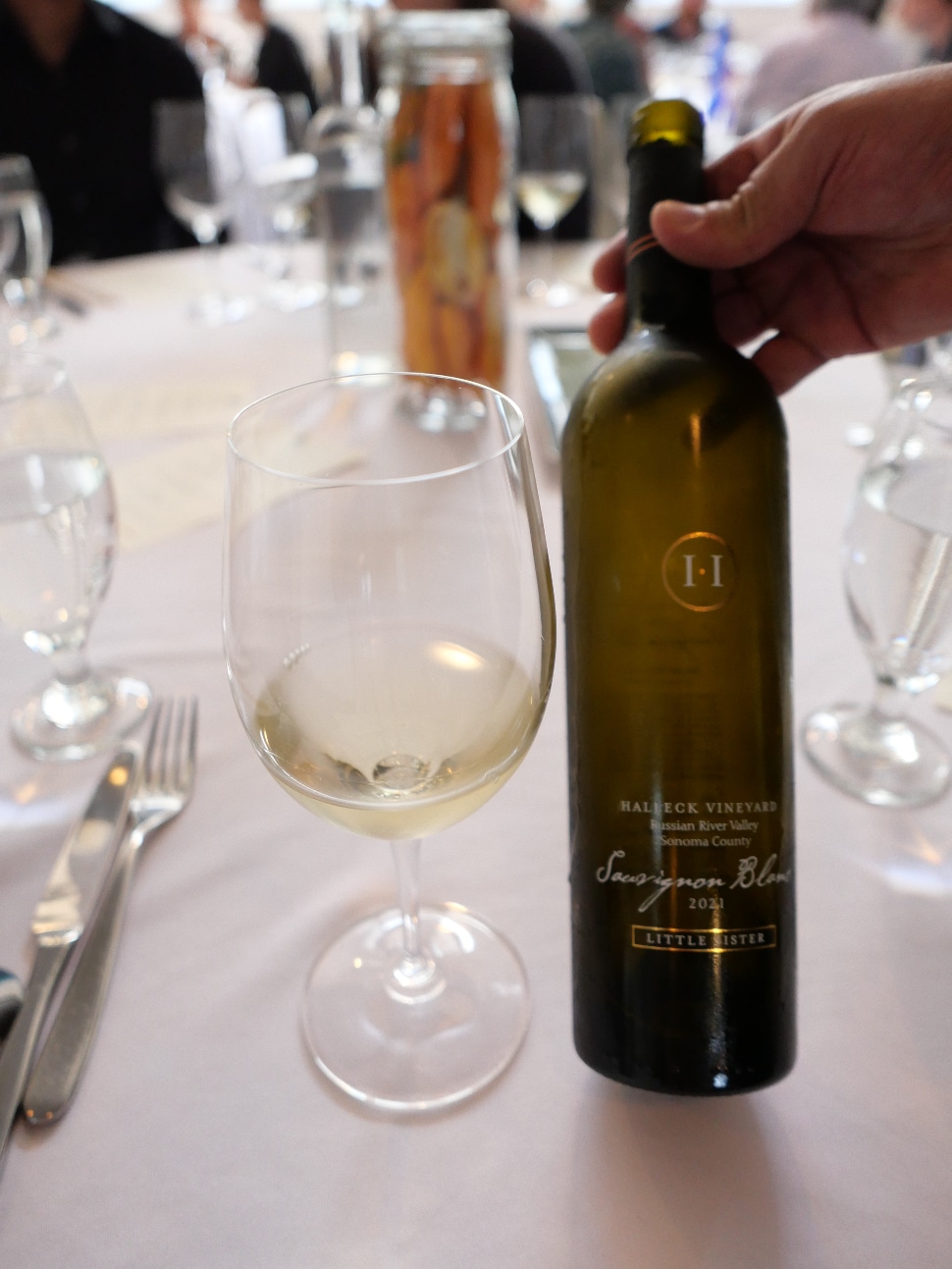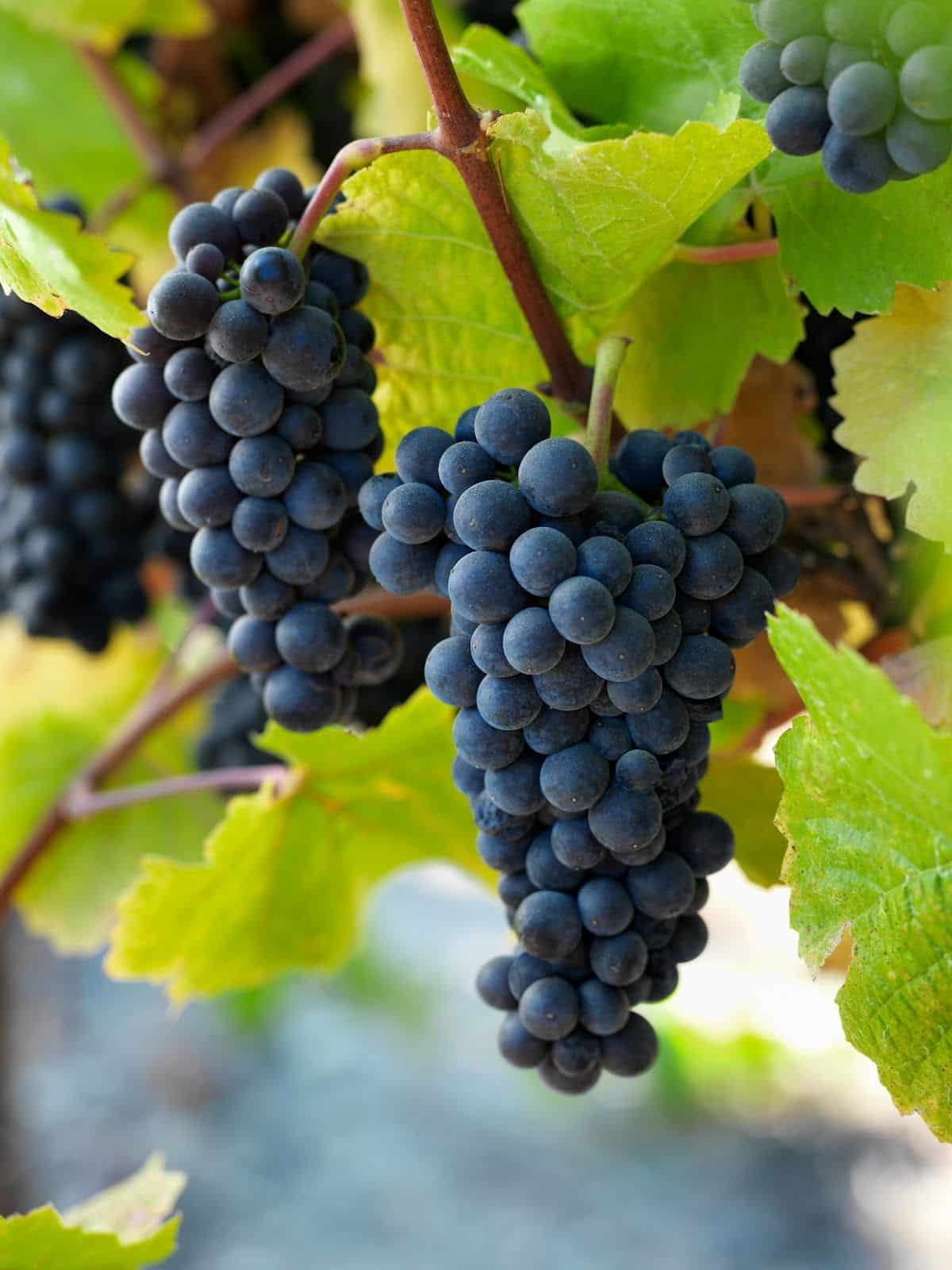Wineries Hosting Seasonal Events - Wine Tasting And Vineyard Tours In Sonoma
Wineries Hosting Seasonal Events - Wine Tasting And Vineyard Tours In Sonoma
Blog Article
Wineries Known For Sustainable Practices In Sonoma - Greatest Wine Tasting Locations In Sonoma
Wine tasting is usually thought to be an art form, one which goes beyond merely having fun with a beverage. It embraces a posh interaction of flavors, aromas, and textures that requires devoted practice to really master. Many who enterprise into the world of wine tasting quickly understand that it involves far more than simply sipping wine. Improving sensory skills through dedicated winery wine tasting can elevate the experience, reworking an informal consuming occasion into a complicated exploration of the senses.
At a fundamental stage, wine tasting engages the senses of sight, odor, taste, touch, and even sound. Each component performs an important function in appreciating the nuances of a wine. When one first pours a glass of wine, the wealthy hues can provide initial insights into its age and varietal. Observing the color and clarity helps type expectations about the wine's flavor profile. Many don’t totally appreciate how this visible assessment can set the stage for what's to follow.
The subsequent step is to interact the sense of scent. Swirling the glass aerates the wine, permitting its volatile compounds to escape and fill the air with its bouquet. The nose entails some fascinating layers—different aromas can signal various elements of the winemaking process, together with the type of grapes used, fermentation methods, and growing older situations. Creating a keen sense of smell could be a game-changer in wine tasting.
Wine Tasting Events In Sonoma County - Greatest Wine Tasting Locations In Sonoma
To enhance this sensory skill, wine enthusiasts are often encouraged to participate in devoted tastings at wineries. These tastings allow individuals to focus solely on the sensory experience (Wineries Known For Sustainable Practices In Sonoma). Tasting periods led by knowledgeable sommeliers or winemakers can offer insights into figuring out distinct aromas. Studying to distinguish between floral, fruity, earthy, and spicy notes can empower a taster to articulate their experience with greater precision.
As one practices their sensory talents, they may discover that their style preferences evolve. This transformation usually happens after a number of tastings. A wine that initially appeared overwhelming might reveal hidden layers of complexity with a bit of experience. Understanding the method to isolate individual flavors similar to acidity, sweetness, bitterness, and umami contributes considerably to the overall wine experience.
Another important element in bettering sensory skills is the context by which wine is tasted. Environmental components like temperature, lighting, and even the company present can affect perceptions. At a winery, an optimal setting can scale back distractions and enable a more profound exploration of the wine (Wineries With Unique Tasting Experiences). Practicing mindful tasting techniques encourages a extra immersive experience, permitting tasters to hone in on their senses.
It isn't solely about individual notion, though. Partaking with others during a tasting can even enhance sensory skills. Sharing notes and discussing impressions fosters a deeper understanding of the wine. This collaborative approach encourages participants to articulate their sensory experiences, thereby broadening their linguistic repertoire related to wine tasting.
Wineries Renowned For Cabernet Sauvignon In Sonoma - Best Wineries In Sonoma For A Wine Experience
Moreover, pairing wine with food can significantly enhance the tasting experience. Totally Different mixtures can deliver out distinctive flavors in each the wine and the dish. As one tastes a wine alongside explicit meals, they will start to recognize how sure components within the wine complement or distinction with what they're consuming. This skill of pairing is one other layer that enriches sensory improvement.
Training one’s palate can involve a wide selection of workout routines. Some enthusiasts interact in systematic tasting experiences, sampling a spread of wines that showcase totally different varietals, areas, or vintages. Exploring this diversity can sharpen the power to discern nuances throughout different wine profiles. Over time, this practice builds a mental library of flavors that might be accessed during future tastings.
Notably, written notes serve a twin function: organizing one’s thoughts and reinforcing reminiscence. By writing down observations about each wine, tasters can observe their progress over time. Detailing the traits of wines assists in solidifying data, ultimately deepening one’s appreciation of what they devour.
Moreover, attending workshops or classes targeted on sensory analysis may additionally be useful. Many wineries supply these educational applications to help individuals refine their skills. Usually, skilled instructors guide individuals via structured tastings, focusing on particular components of the wine. This degree of training reinforces the sensory skills asynchronously and challenges tasters to consider their experiences from totally different angles.
Wineries With Scenic Views - A Guide To Sonoma Wineries
Over time, the commitment to bettering sensory skills through dedicated winery wine tasting can yield significant rewards. The enjoyment derived from wine becomes layered and multifaceted. No longer restricted to a simple choice for "red" or "white," tasters begin to appreciate the tales behind each pour. They cultivate a palette capable of navigating the complex landscape of flavors with confidence.
In conclusion, the journey of enhancing sensory skills through dedicated winery wine tasting is as rewarding as it is enjoyable. It requires focus, dedication, and a willingness to be taught, however the outcomes far exceed the preliminary effort. By participating a quantity of senses and taking part in considerate discussions, individuals not only become more adept at figuring out flavors but in addition develop a deeper appreciation for the craftsmanship behind each bottle. The process transforms wine from a mere beverage right into a rich tapestry of sensory exploration that beckons enthusiasts to delve deeper. As skills enhance, so too does the enjoyment, enriching life experiences one sip at a time.
Spectacular Vineyard Views In Sonoma - Celebrated Wineries Around Sebastopol
- Participating the palate via diverse wine varieties enhances the power to inform apart flavors and aromas, refining overall sensory perception.
- Participating in guided tastings promotes targeted consideration on delicate traits of every wine, nurturing critical tasting skills.
- Learning to determine particular grape varieties fosters a deeper understanding of terroir, which aids in recognizing regional flavor profiles.
- Incorporating food pairings throughout tastings can heighten sensory consciousness, as different tastes can influence each other and alter perceptions.
- Training the art of swirling and nosing wines permits people to attach olfactory cues with style, bettering the flexibility to articulate sensory experiences.
- Attending workshops that emphasize blind tastings trains participants to rely purely on their senses rather than preconceived notions, enhancing objectivity.
- Elevating sensory skills can lead to better wine selection talents, empowering individuals to make knowledgeable decisions primarily based on personal preferences.
- Participating with educated sommeliers presents insights into wine-making processes, which deepens sensory appreciation and enhances vocabulary for describing wines.
- Common participation in tastings encourages reminiscence growth of flavors and aromas, aiding within the formation of a personalised sensory profile over time.
- Sharing tasting experiences with friends fosters dialogue, selling communal studying that may improve particular person sensory skills by way of collaboration.undefinedWhat is the aim of bettering sensory skills by way of wine tasting?

Enhancing sensory skills through wine tasting permits individuals to enhance their capacity to determine and appreciate the assorted aromas, flavors, and textures of wine. This heightened sensory consciousness can lead to a deeper understanding of wine and an total enriched tasting experience.
Wineries With Artisan Chocolate Pairings In Sonoma - Vineyards In The Sonoma Region
How can I develop my sensory skills at a winery?
You can develop your sensory skills at a winery by collaborating in guided tasting periods that target particular varietals. Have Interaction with educated workers who can present insights and encourage you to take notes on your impressions, enhancing each your observational and descriptive talents.
What ought to I anticipate during a dedicated wine tasting experience?
Best Pinot Noir Wineries In Sebastopol - Unforgettable Wine Tastings In Sonoma
During a dedicated wine tasting experience, anticipate to pattern a number of wines whereas receiving targeted education about each one. You Will be taught concerning the winemaking process, tasting techniques, and how more tips here to discern totally different sensory characteristics, all in a relaxed setting.

Is prior knowledge of wine needed to learn from a sensory skills workshop?
- Wineries With Educational Tours In Sonoma
No prior information of wine is important; the workshops are designed for all levels of experience. Newbies will find priceless info to construct from, while seasoned tasters can refine their skills and expand their palate even further.
How do sensory skills influence my overall wine appreciation?
Vintage Wine Tasting Experiences In Sebastopol - A Guide To Sonoma Wineries
Bettering sensory skills considerably enhances your total wine appreciation by permitting you to establish subtleties and complexities in wines. This deeper understanding enriches your tasting experience and helps you make knowledgeable alternatives based mostly on personal preferences.
Are there specific techniques I should use whereas tasting wine to improve my sensory skills?
Wineries With Scenic Views - Best Winery Located In Sonoma
Sure, employing techniques such because the "SWOT" technique (Sight, Swirl, Scent, Sip, Savor) can be helpful. Pay consideration to the wine's look, aromatics, and mouthfeel, and take your time with each sip to completely discover the flavors and sensations.
What kind of wines are sometimes included in sensory click here for info skills tastings?
Sometimes, sensory skills tastings embody a wide selection of wines that showcase totally different regions, varietals, and styles. This diversity helps members determine distinct characteristics and enhances their capacity to distinguish between wines.
Can sensory skills workshops be personalized to my tasting interests?
Wineries With Unique Wine Blends - Best Wineries In Sonoma For A Wine Experience
Many wineries provide personalized choices for sensory skills workshops, permitting you to focus on specific types of wines or themes that curiosity you, corresponding to organic wines or distinctive regional choices. It Is greatest to inquire immediately with the winery for tailor-made experiences.
Is there a method to practice sensory skills after leaving the winery?
Yes, you'll have the ability to practice your sensory skills at home by tasting totally different wines and keeping a tasting journal. Experimenting with various food pairings and aromatics can further improve your understanding of how flavors work together, reinforcing the talents gained at the winery. Report this page